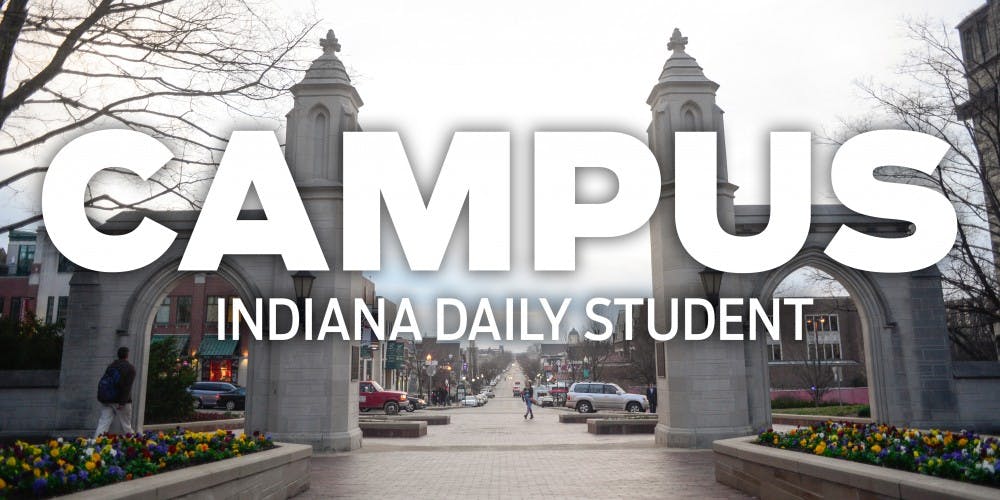In the wake of Friday’s immigration executive order universities around the country are working to address the influence it could have on international students. IU, a school that enrolled more than 6,000 international students at the beginning of the year, is no exception.
The executive order bans entry to the United States of travelers from seven Muslim-majority countries for 90 days in addition to a 120-day freeze on admission of all refugees and a halt on any Syrian immigrants indefinitely. IU President Michael McRobbie issued a statement Sunday that affirmed the University’s commitment to its international student population while urging international students, especially those from the seven banned countries, to reassess travel and visa plans.
“IU’s educational, research and service missions are inextricably bound with the rest of the world and rooted in a belief in the ever-increasing value of international literacy and experience,” McRobbie said in the statement. “This is why we urge the administration to end this executive order, which threatens to disrupt these missions, as quickly as possible.”
Presidents of other Big Ten conference schools issued similar statements addressing how the order might affect their international students. The Association of American Universities, of which all Big Ten schools but University of Nebraska are members, released a statement urging the government to repeal the order and calling it damaging.
University of Michigan President Mark Schlissel went so far as to say he would support international students and university police would not collect immigration status information from arrestees.
In an interview with the Indiana Daily Student on Sunday IU Provost Lauren Robel repeated the sentiments of a letter sent to Deferred Action for Childhood Arrivals students and read at a Bloomington Faculty Council meeting in November. The letter said students’ immigration status was only of interest to the University’s administration and police force if it was a matter of public safety.
“The list we have right now is both over- and under-inclusive, as we say in law,” Robel said. “It includes, as far as I can tell, almost a hundred percent more people than it should, since we’ve never had any terrorist activity in this country connected to those countries, and it doesn’t include countries from which there have been terrorist threats.”
On Saturday Clemson University graduate Nazanin Zinouri was allegedly removed from her return flight to the U.S. after visiting family in Iran. When asked how IU might address the issue of students or faculty who may get locked out of the country, Robel said the answer is complicated.
“I don’t know what our options would be at that point, which is why we’re strongly urging all of our students and faculty and staff members who might be affected by these orders not to travel overseas and to take into account the fact that any visa processing that does happen, if and when it’s continued, could be extremely lengthy,” Robel said.
She said her hope is for Trump’s administration to rethink the parameters it’s position because it reflects poorly to the rest of the world’s perception of the U.S.
Those exempt from the travel ban are holders of NATO and diplomatic visas. According to University records, there were two G-4 visa recipients enrolled at IU last fall, the only recorded exempt visas among IU students this year.
The provost sent a statement to students Monday night telling them if they were detained or barred from coming back into the country, IU would assist them in their reentry. In the email she linked to resources available to international students such as counseling, pro bono legal assistance and the contact information for Associate General Counsel Angela Adams.
Multiple students and faculty members approached Robel about issues they were facing following the announcement of the executive order, she said in the statement. Faculty members have had their research disrupted, and some students have parents who won’t get to see them graduate.
“We will therefore only inquire into, record, use, or communicate a person’s immigration status when required by law or when necessary to protect a person’s safety,” Robel said.






